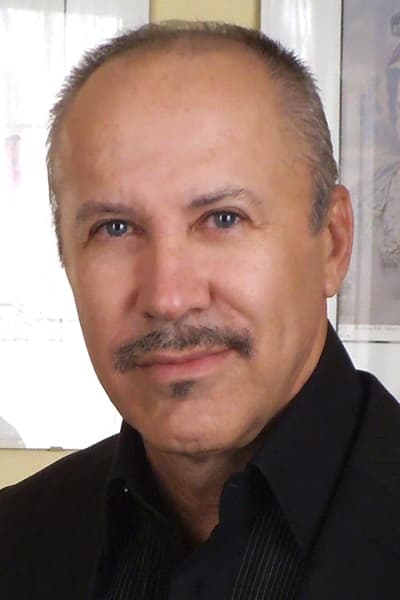
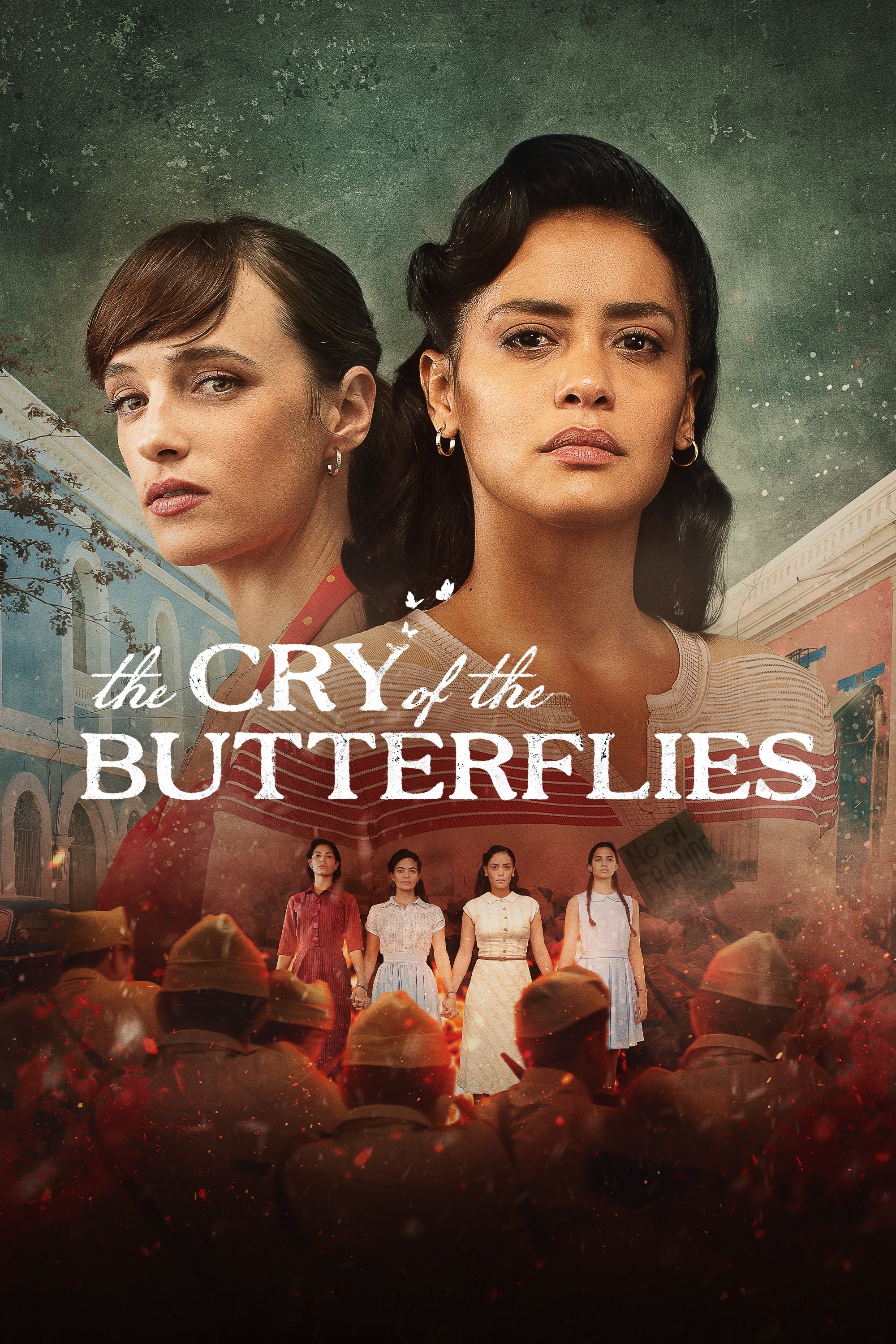
This series examines the events leading up the brutal murder of Dominican activist Minerva Mirabal and her two activist sisters, on the orders of dictator Rafael Leónidas Trujillo. The heinous crime would set in motion not only the end of a vicious regime, but also come to mark the global fight against gender-based violence.
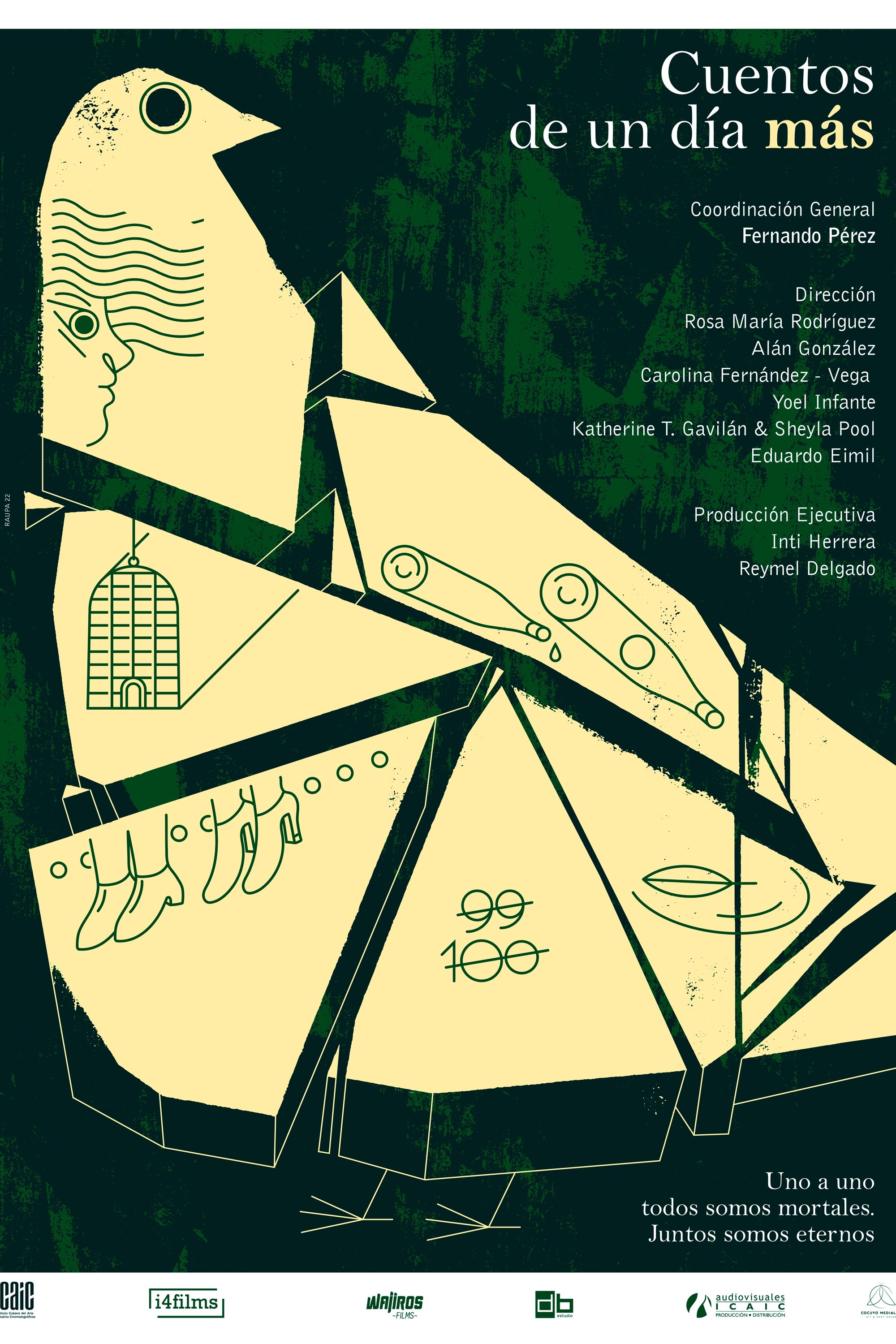
A pandemic that seemingly stops everything does not stop the human spirit. The six stories told in this film show that feelings like love, hate, sadness, loneliness, fear and hope bring out the best and worst in us in extreme circumstances. No illness, physical or soul, will prevent the confluence between people and their stories.
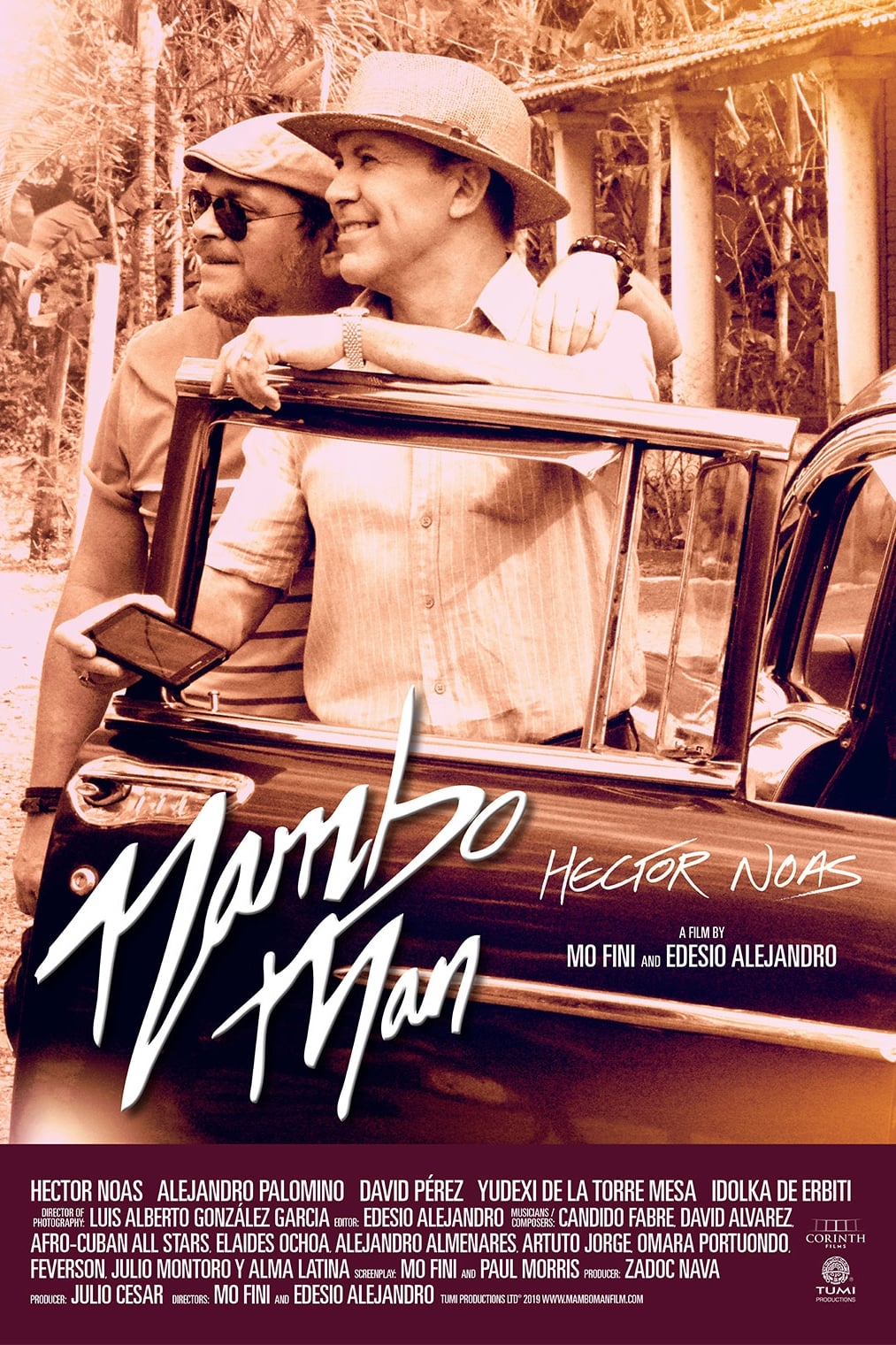
Desperate to support his family and crops, a Cuban farmer and music promoter gambles everything on a deal that appears too good to be true.
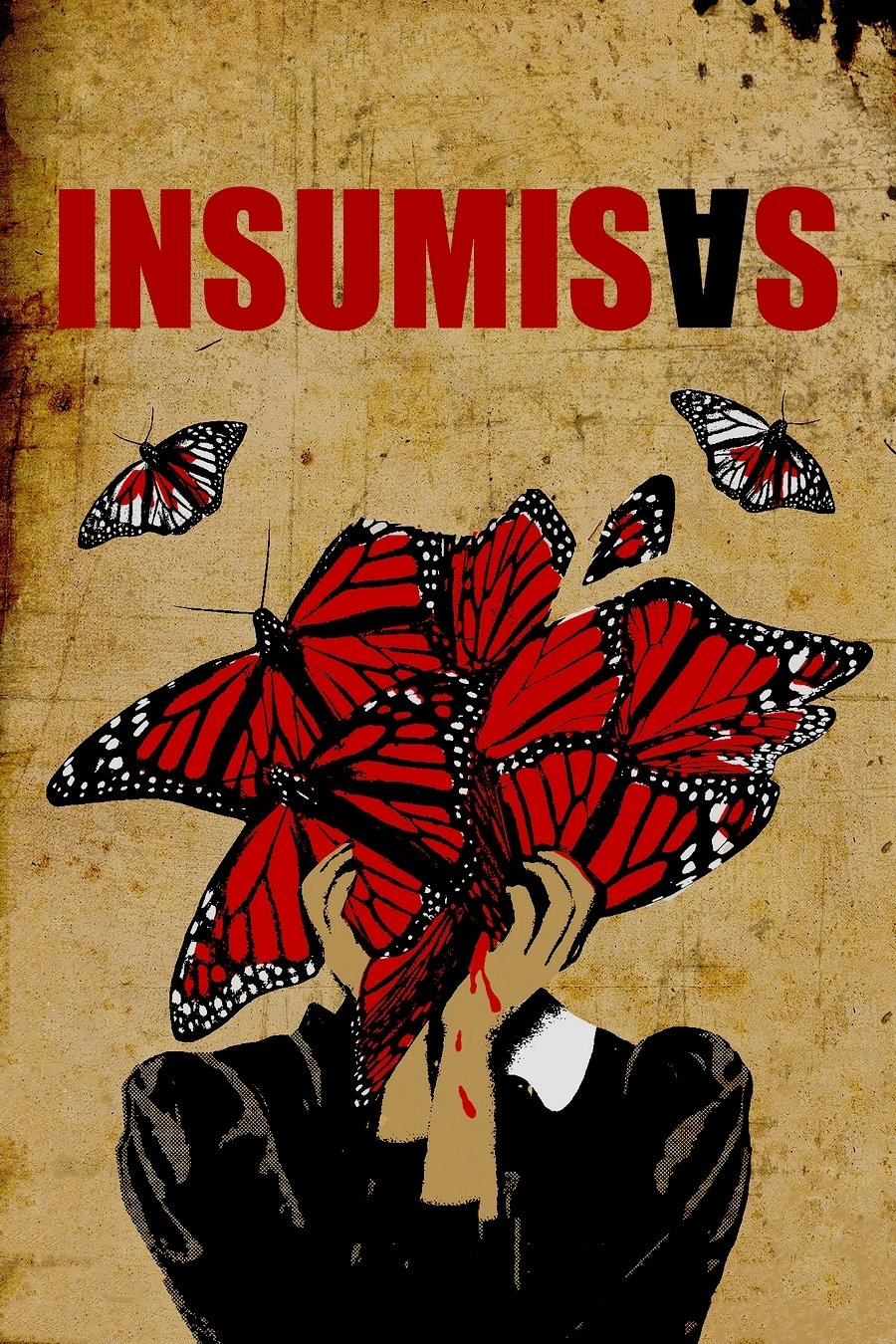
Santiago de Cuba, January 19th, 1819. Coming from Lausanne, Enrique Faber, a Swiss doctor and surgeon, arrives on the island, a Spanish province, hoping to find his son, who has been kidnapped…
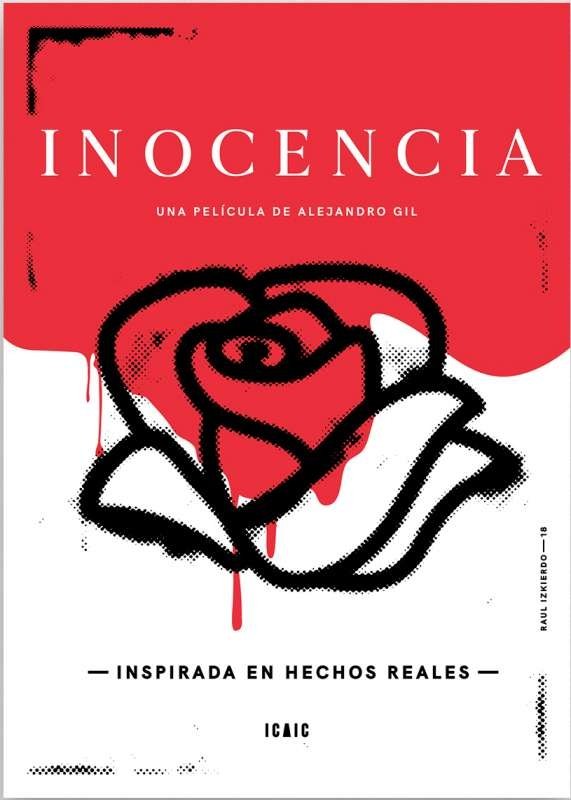
On november 27th, 1871 one of the most atrocious events happened in the Cuban territory, the regiment of voluntarys of the spanish army along with the Spaniard corrupt government that ruled the island, conspired to destroy the lives of 8 students of medicine. The resolution of the young students in maintaining their dignity over the injustice in which they were involved; the reaction of few fair spanish men to the inexplicable situation in which the events was developed and the never told roll of Fermín Valdés in the discovery of the truth will change the insight of this story. Based on true events, this film was a debt to the Cuban history that was settled.
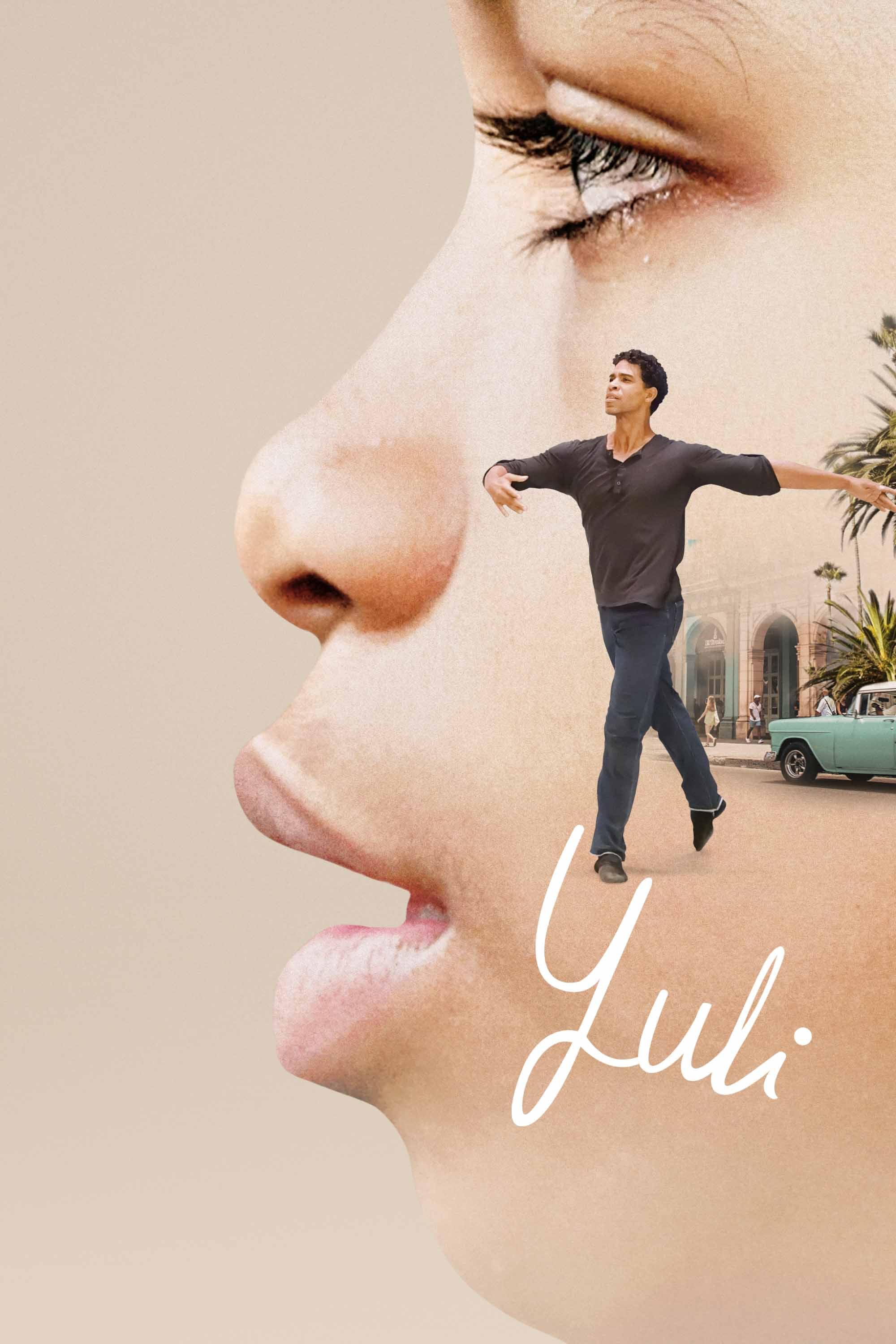
Yuli is the nickname given to Carlos Acosta by his father, Pedro, who considers him the son of Ogun, an African god and a fighter. As a child Yuli avoids discipline and education, learning from the streets of an impoverished and abandoned Havana. His father, however, has other ideas, and knowing that his son has a natural talent for dance, sends him to the National Ballet School of Cuba. Despite his repeated escapes and initial poor behaviour, the boy is inevitably drawn to the world of dance, and begins to shape his legendary career from a young age, becoming the first black dancer to be cast in some of the most prestigious ballet roles, originally written for white dancers, in companies such as the Houston Ballet or the Royal Ballet in London.
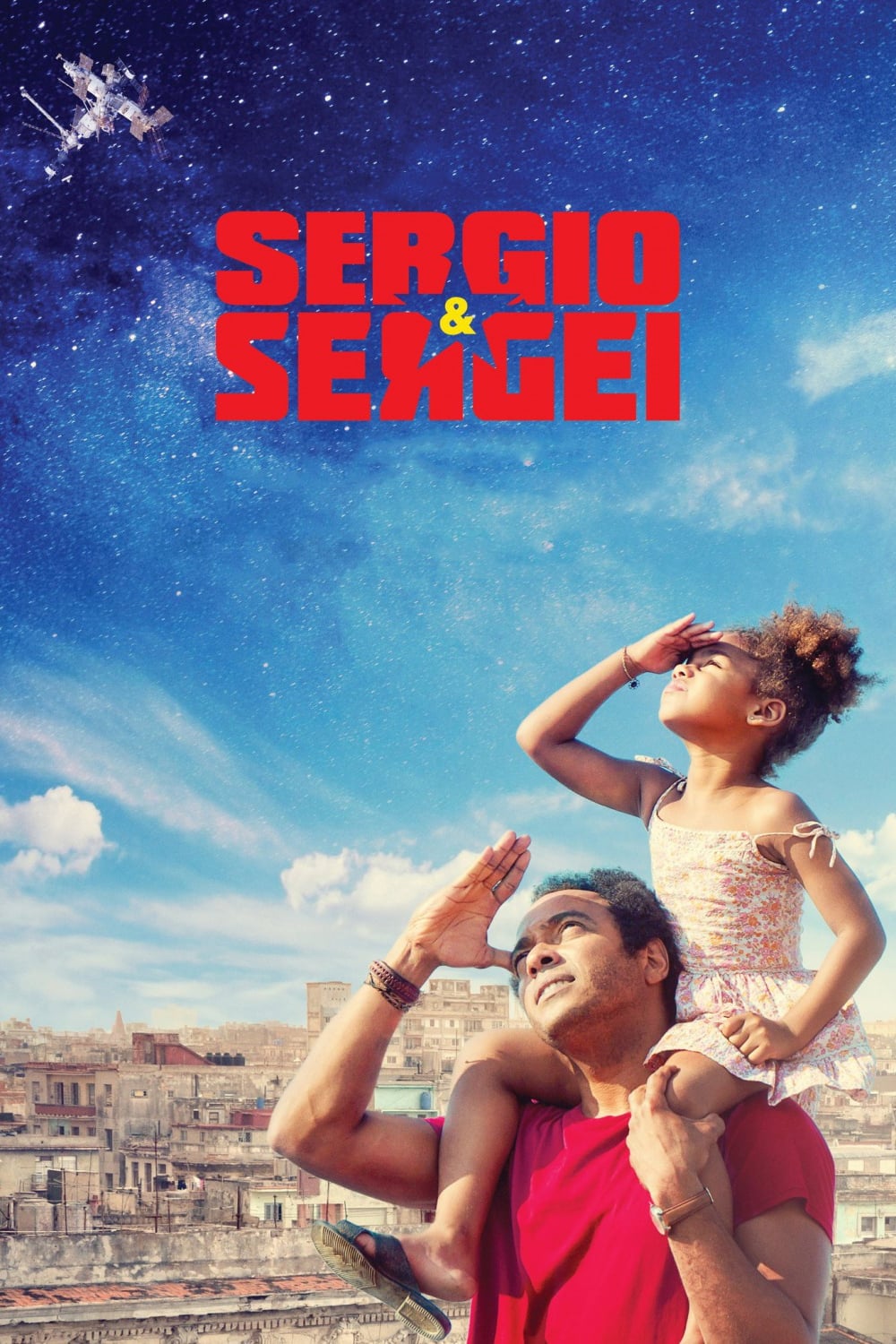
In 1991, the USSR is falling apart and Cuba enters its hardest economic crisis. Sergio, a professor of Marxism who can't provide for his family, and Sergei, a Soviet cosmonaut stranded in the Mir space station, share a common passion: amateur radio. Through this hobby, both men will be able to help each other in facing the dramatic changes of their countries.
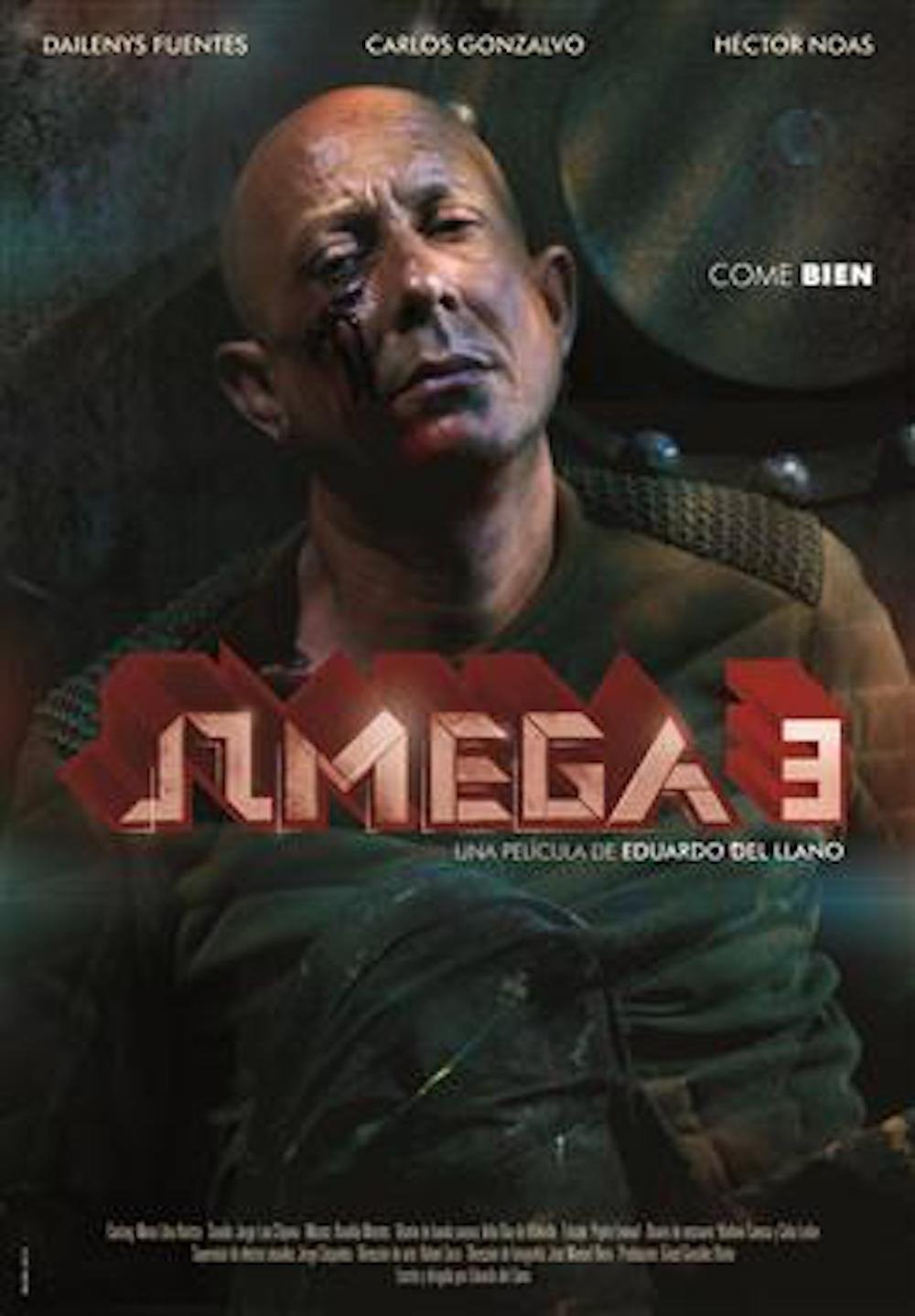
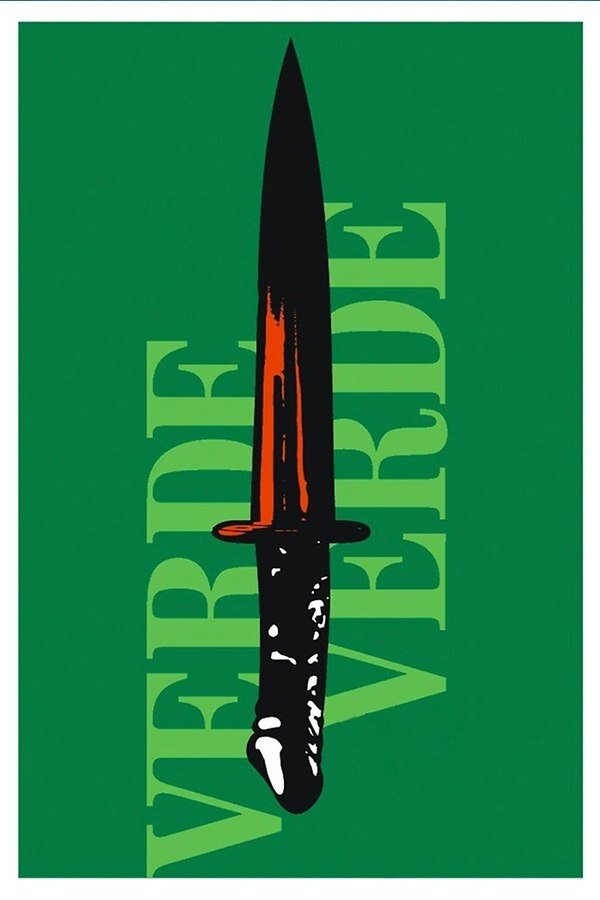
The first gay-themed film produced in Cuba by the Institute of Cinema since Strawberry & Chocolate in 1993. The theme, however, is the same as in Guttiérerez and Tabìo's film: homophobia, machismo and fear. The fatal attraction between Alfredo, a doctor in the merchant navy, and handsome Carlos starts in a rundown Havana bar and ends at the sailor's house. But Alfredo's flirting and seducing of Carlos immediately turns into something complicated, ambiguous, dangerous. In a claustrophobic, tense atmosphere, their bodies are powerfully attracted, and the words, though violent, intensify the level of sensuality. Does each man kill the thing he loves? Evoking dreamlike atmospheres and characters, 80-year-old veteran director Enrique Pineda Barnet openly references Fassbinder's Querelle and Jean Genet. Quite controversial in its approach, the films demonstrates the milder attitude of Raul Castro's regime towards Cuba's LGBT Community.
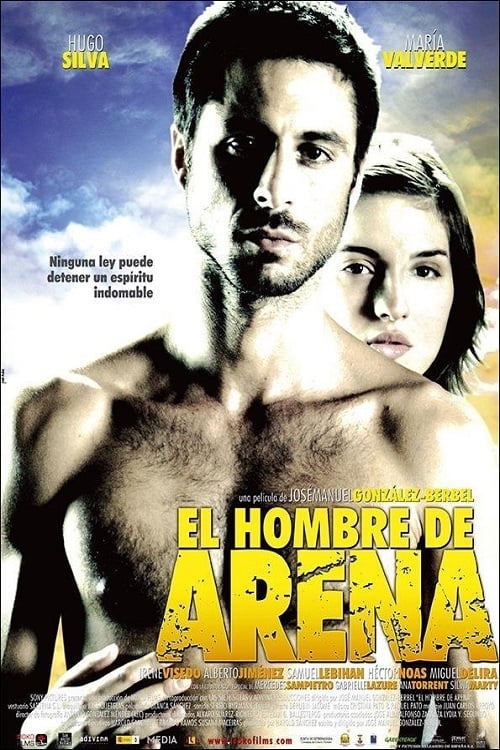
Two love birds fly out of the cuckoo's nest in a stirring Spanish romance of mad love and doomed passion.
By browsing this website, you accept our cookies policy.